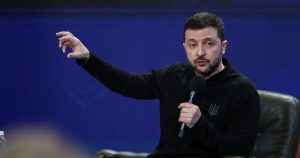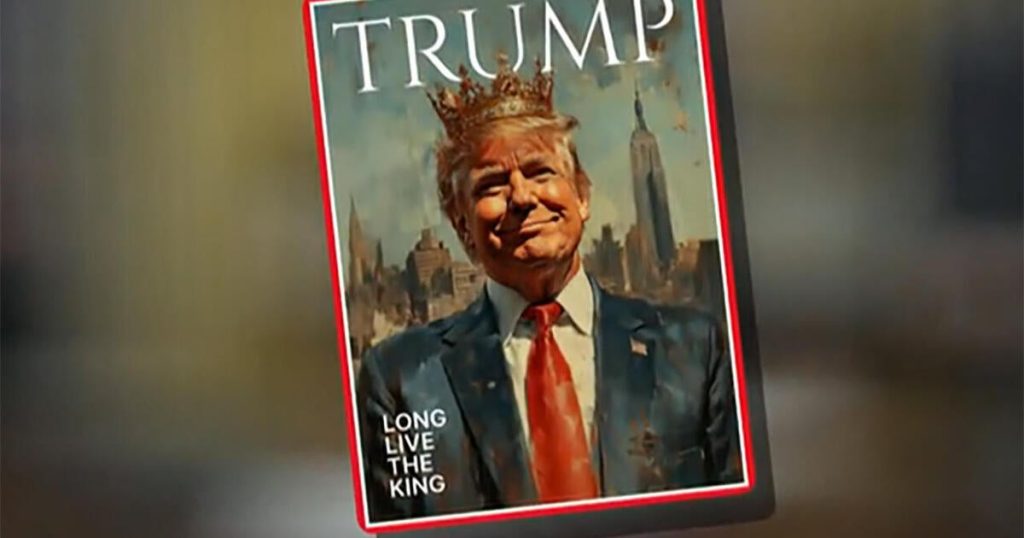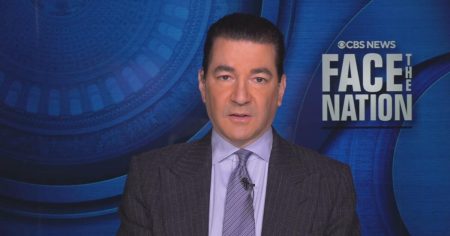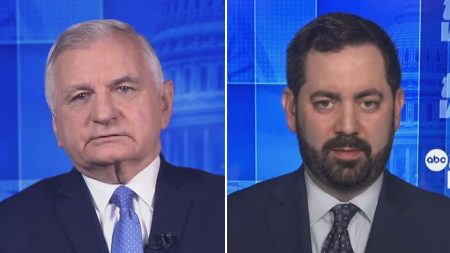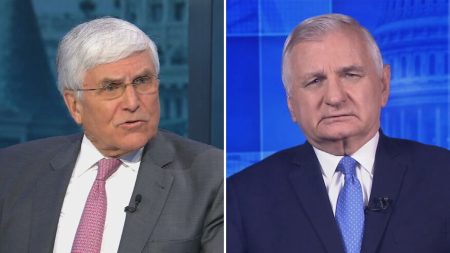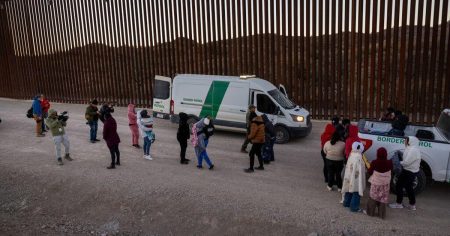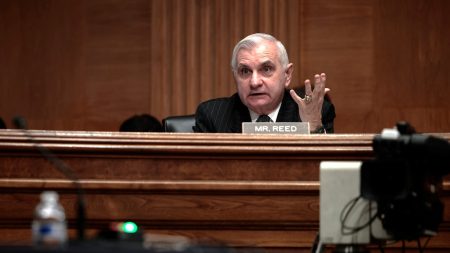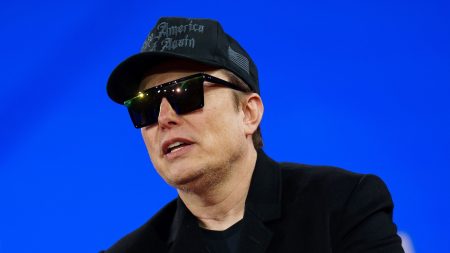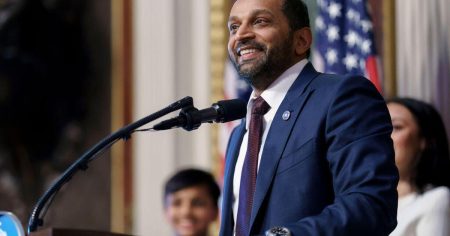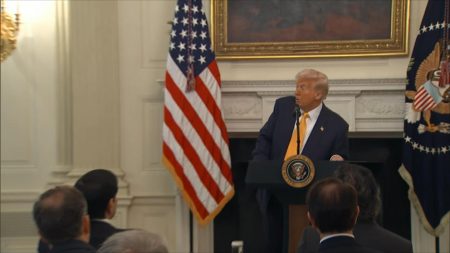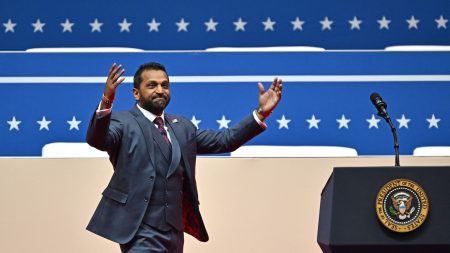A Constitutional Crisis in Modern America: Understanding the Debate Over Executive Power
The Resurgence of a Constitutional Crisis
More than 50 years ago, during the Watergate scandal, the United States faced a significant constitutional standoff. In October 1973, President Richard Nixon ordered Attorney General Elliot Richardson to fire Special Prosecutor Archibald Cox, who was investigating the scandal. Richardson and his deputy, William Ruckelshaus, refused to comply and resigned. This dramatic confrontation brought the phrase "constitutional crisis" to the forefront of the national conversation. Today, that term has reemerged as President Donald Trump’s use of executive power has sparked intense debate. Many Democrats warn of a potential crisis, while Republicans remain largely unconcerned. This divide reflects the deepening polarization in American politics and raises questions about the limits of presidential authority.
The Debate Over Trump’s Executive Power
At the heart of the current debate is President Trump’s aggressive use of executive power. Democrats like Rep. Sean Casten (D-Ill.) have accused Trump and his allies of taking illegal actions, while others express concern that Trump, who has repeatedly challenged norms and sought to overturn the 2020 election, may disregard court rulings. Republicans, on the other hand, have largely dismissed these concerns. Speaker of the House Mike Johnson has downplayed the idea of a crisis, stating he feels no discomfort with Trump’s actions. Many conservatives even celebrate Trump’s overhaul of the Justice Department and FBI, his collaboration with Elon Musk to purge federal employees, and his prolific use of executive orders. The situation is complex, but history offers valuable context for understanding the current tensions.
Defining a Constitutional Crisis
Jeffrey Rosen, president of the non-partisan National Constitution Center, defines a constitutional crisis as a scenario in which a president refuses to comply with a definitive ruling from the Supreme Court. Historically, this has never occurred in the United States. Even Andrew Jackson, who famously threatened to ignore the court, ultimately relented. To date, Trump has not defied the Supreme Court, but his attorneys are actively appealing lower-court decisions that could soon reach the high court. Gillian Metzger, a constitutional law professor at Columbia University, believes Trump is intentionally testing the boundaries of executive power. She acknowledges that the courts have acted as a check on Trump’s actions so far, but emphasizes that the judiciary alone cannot ensure constitutional stability. Congress, the states, and the American people also have crucial roles to play in preserving the constitutional order.
Trump’s Approach to Executive Power
Trump’s actions have alarmed many of his critics. He has leaned into the idea of immense presidential power, even posting a fake magazine cover depicting himself as a monarch and quoting a line from a film about Napoleon: "He who saves a nation violates no law." This rhetoric has raised eyebrows, but his former White House counsel, Don McGahn, dismisses concerns about a crisis. McGahn arguments that Trump is simply pushing the envelope of executive power in a transparent and legally grounded manner. He urges Americans to "calm down" and trust the system, emphasizing that the courts and Congress will ultimately resolve any disputes. McGahn also notes that the Supreme Court’s recent ruling on presidential immunity reflects the existing legal framework, which grants the president significant authority to act within their constitutional and statutory powers.
The Role of the Courts and Congress
The Supreme Court’s recent ruling on presidential immunity has significant implications for Trump’s actions. Don McGahn, who played a key role in shaping Trump’s judicial nominations, argues that this ruling aligns with established law and reinforces the idea that the president has broad authority to act within their powers. However, the true test of the constitutional system would come if Trump were to ignore a court order, a scenario McGahn finds unlikely. The White House has reaffirmed its commitment to following the Constitution, with a spokesperson stating that the administration is adhering to the document "to a T." Meanwhile, the Republican-controlled Congress has done little to challenge Trump’s actions, while Democrats have expressed outrage. This political divide underscores the challenges of addressing presidential power in a polarized era.
The Future of Presidential Power
Jeffrey Rosen observes that Trump is advocating for a "unitary executive theory," which posits that Congress cannot constrain the president’s authority. While the Supreme Court has not yet weighed in on the full extent of this theory, a ruling in Trump’s favor could grant future presidents unprecedented power. Rosen notes that Trump’s assertion of executive authority is as robust as any in U.S. history, with significant implications for the balance of power in American government. As the nation navigates this crossroads, history and the Constitution remain the guiding principles for addressing the ongoing debate over presidential power. The outcome of this debate will shape the future of American democracy and the role of the executive branch for generations to come.


